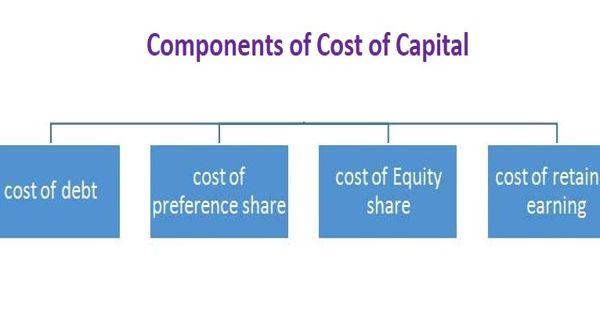Takeovers that are hostile are a large part of the overall merger and acquisition (M&A) activity. For example, hostile takeovers allegedly accounted for $575 billion in purchase offers in 2017, accounting for around 15% of overall M&A activity that year. But, on average, how effective are aggressive takeovers? According to a 2002 CNET story, target firms in the United States across all industries fended off 30% to 40% of the roughly 200 takeover efforts between 1997 and 2002, while 20% to 30% accepted to be acquired by “white knight” corporations. When a firm is facing a hostile takeover, a “white knight” is a friendly investor who purchases the company with the support of the target company’s board of directors.
In the last two decades or more, there haven’t been many hostile takeover efforts in the IT business. That’s partially because, as the CNET article points out, the worth of a tech company is typically determined by its employees’ knowledge. As demonstrated this month, hostile takeovers seldom result in favorable social consequences for the target’s workers. A hostile action’s distraction and ongoing uncertainty might lead to a talent exodus at both the top and middle levels. There were just nine hostile takeover attempts against IT businesses between 1997 and 2002, according to the same period. AT&T’s acquisition of corporate service company NCR and IBM’s acquisition of software developer Lotus were both successful.
In recent years, hostile takeovers in the IT industry have become more high-profile – but not always more fruitful. Take, for example, Xerox and Hewlett-Packard. In November 2019, Xerox contacted Hewlett-board Packard’s of directors with an offer to merge the two firms, urged on by activist investor Carl Icahn, who controlled a 10.6 percent interest in the company. Hewlett-Packard turned it down, and Xerox retaliated by declaring plans to replace Hewlett-entire Packard’s board of directors and initiating a formal tender offer for the company’s stock. Because of the deal’s adverse market circumstances caused by the pandemic, Xerox agreed to stop pursuing it in March 2020.
Broadcom launched an unsuccessful hostile offer for semiconductor supplier Qualcomm in 2018. Broadcom increased its offer from about $100 billion to $121 billion after proposing to propose 11 people to Qualcomm’s board of directors. It also reduced the number of board seats it was hoping to win to six. Broadcom later withdrew due to security concerns highlighted by US authorities and the prospect of meddling by Broadcom’s competitors, namely Intel. That’s not to say aggressive tech takeovers are doomed to fail. Oracle attempted to acquire HR software firm PeopleSoft in an all-cash offer estimated at $5.3 billion in 2003. Oracle overcame 18 months of back-and-forth and a court dispute over PeopleSoft’s shareholder protections to win at a higher offer price.
















